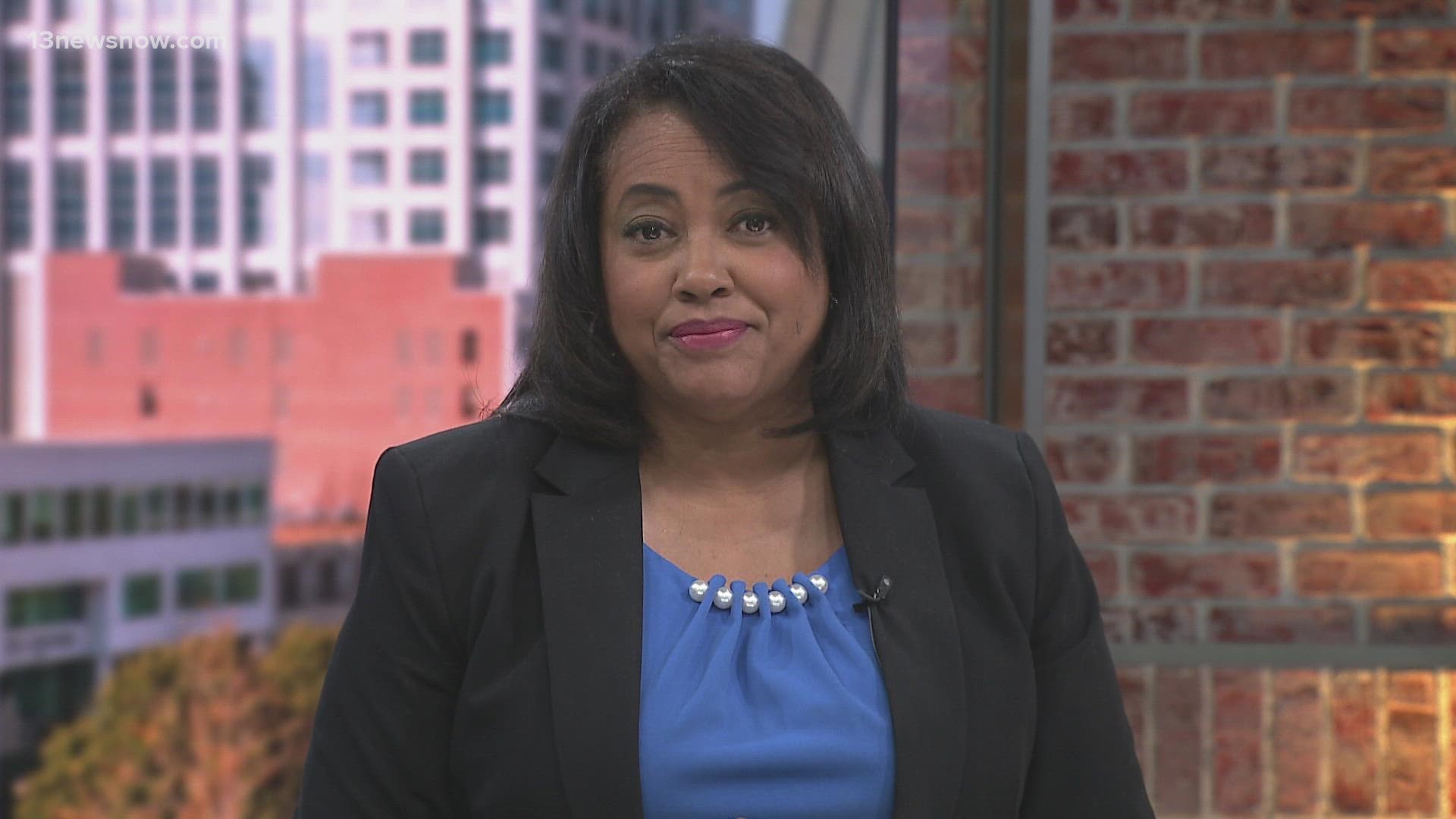VIRGINIA, USA — "It keeps rolling, but during rush hour, it's horrible," said Nyle Paul, a senior at Hampton University.
Like most drivers in the 757, Paul understands how packed the Hampton Roads Bridge Tunnel and surrounding roads can be.
That's why the Virginia Department of Transportation is working to expand the HRBT and widen lanes on Interstate-64.
"A number of structures [are] being addressed so far," said VDOT Project Lead Jim Utterback.
"Substantial completion" is on track for September 1, 2025, Utterback said in a presentation to the Hampton Roads Transportation Planning Organization on Wednesday.
"Substantial is all lanes open to traffic in both directions," he said.
The tunnel will eventually go from two to four lanes in each direction. Carving it out is expected to take place from next year until 2024.
Construction of the tunnel pieces will begin in a couple of weeks. That hit a bit of a snag because of a nationwide supply shortage of steel.
"But they were able to work around the design on this particular issue and they're looking at design changes for some of the others," said Utterback.
Utterback added that while the HRBT expansion project is VDOT’s biggest one yet — for him, it’s also proven to be the most complex.
He attributed that to the tunneling work that needs to be completed underground.
"We will not be out of the ground and have control of our risks until 2024," he said. "That’s just a fact of the matter. When you’re doing underground construction, you will be at risk until you can get through the underground construction."
A machine that’ll be used to carve out the tunnels will arrive to Hampton Roads from Germany next month.
In addition, the project includes the construction of marine trestles from the North and South Islands.
Moreover, a stretch of I-64 on the Norfolk and Hampton sides will span six, instead of four lanes.
In the meantime, road and bridge work along I-64 will make the most noticeable traffic impact.
"I think once it's said and done, it'll allow more travel to happen. I think it's necessary, especially in this community," said Paul.
The project carries a price tag of $3.9 billion.
VDOT has already spent $1.1 billion, according to the latest data from September.

